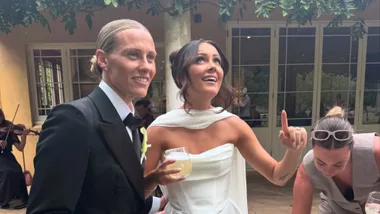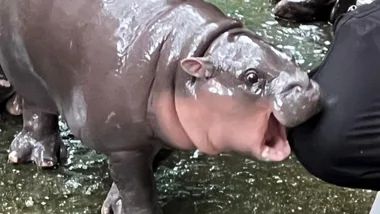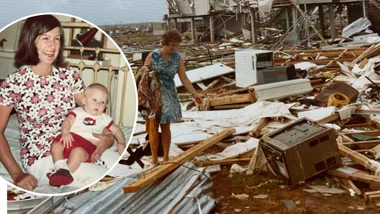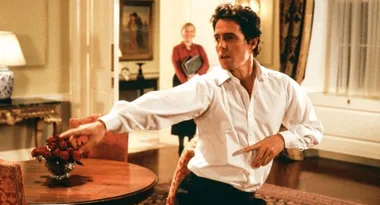Alison Mitchell is one of the most respected voices in cricket, a BBC regular and a part of the Channel Seven commentary team. She tells us why a career in cricket was almost a foregone conclusion.
When did you first fall in love with cricket?
It was a huge part of life growing up. We spent our weekends watching my dad play club cricket, and my brother and I would then play in the garden. My mum is from Adelaide originally, and so we’d go to Australia every other Christmas. I was raised on the Australian summer of Christmas. Cricket commentary is a predominantly male field.
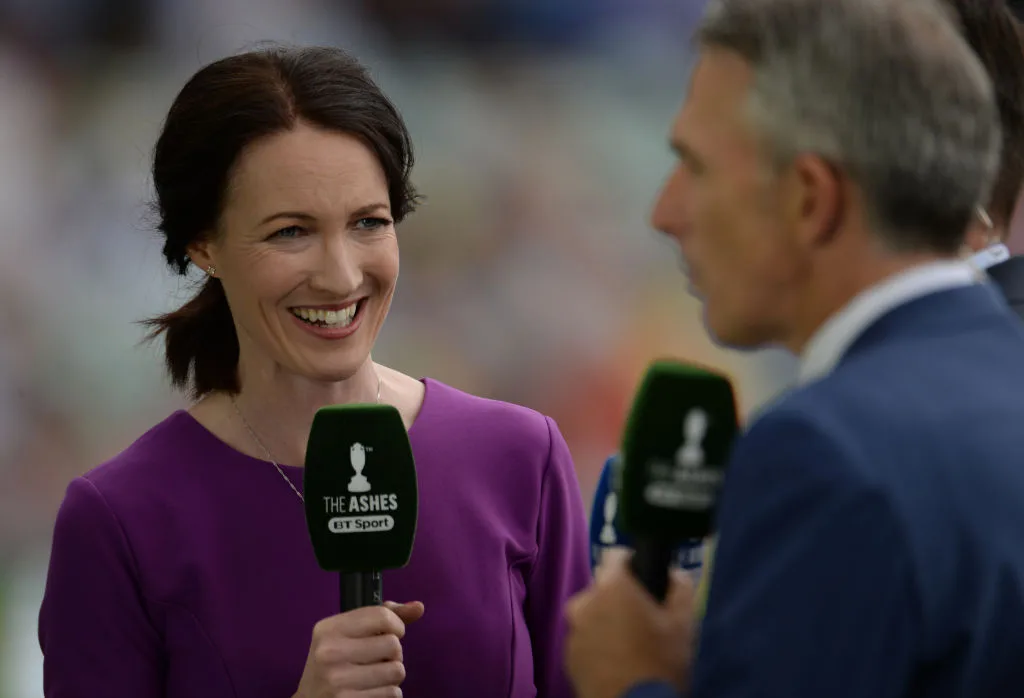
Have you felt the uphill battle at times?
It’s been a long journey. I’ve had to work longer periods to get bigger opportunities. I was the only female doing ball-by-ball commentary in England for many years, and there was a bit of an assumption that the BBC decided “we ought to have a female” so I was just picked out of nowhere. But it was me who decided I wanted to commentate on cricket, and I worked my way up to do it.
It’s been 35 years since there was a female voice in Test cricket in Australia. What was your response to being able to break that drought?
I can be quite proud I think. When I started commentating on international cricket in 2007, I was aware that the BBC’s Test Match Special had only ever had one woman commentate on cricket before, and that was a West Indian guest commentator, Donna Symonds, who did a handful of matches very successfully in 1999/2000. But no other female before or since, and certainly no woman as a regular part of the ball by ball team. So I felt the pressure, and I knew that if I mucked it up, I could be costing the next generation of women. Now we’ve come so far and to be here in Australia doing it feels incredible.
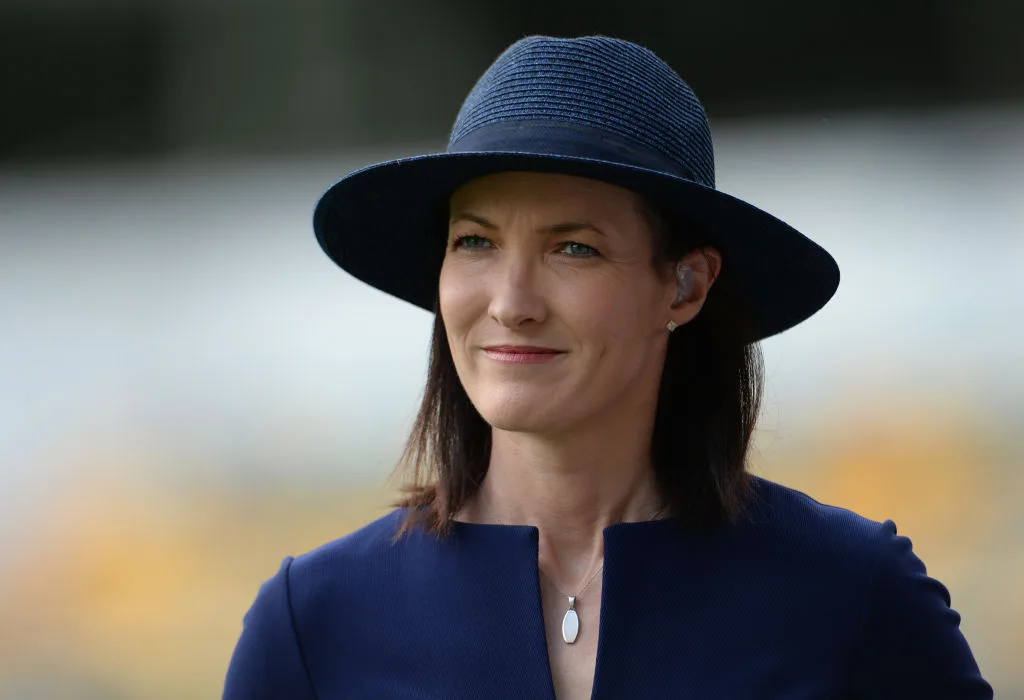
You’ve covered some memorable moments as a broadcaster. What sticks out to you as the biggest learning curve?
During the 2007 Cricket World Cup, I was in Jamaica covering the group matches. Ireland beat Pakistan and it was a big upset. The following morning word filtered through that [Pakistan coach] Bob Woolmer had been found unconscious and immediately I had a sinister feeling about the whole thing. Then came the bombshell from the Jamaican police that he had died, and the death was suspicious. It was the biggest week of my career; non-stop coverage. It earnt me a lot of respect within the BBC.
As a rookie, you worked with the late, great Richie Benaud.
I did! I was a runner on Channel 4 Cricket in England, so I’d set up the commentary box. I had to make sure Richie had a copy of The Racing Post on his table and a hot cappuccino, no sugar. During the day I’d hang off his every word and absorb everything he said.
Cricket has given you so much, but it also requires sacrifices. Does being on the road take a toll?
The length of time away can make home life difficult. I have struggled with endless hotel rooms, continually moving and nurturing relationships. I’m single right now and have been for a few years, but I’ve got better at deciding what is best for me. I’m also travelling less now, but ultimately if [a relationship] is meant to work, it’ll work.

